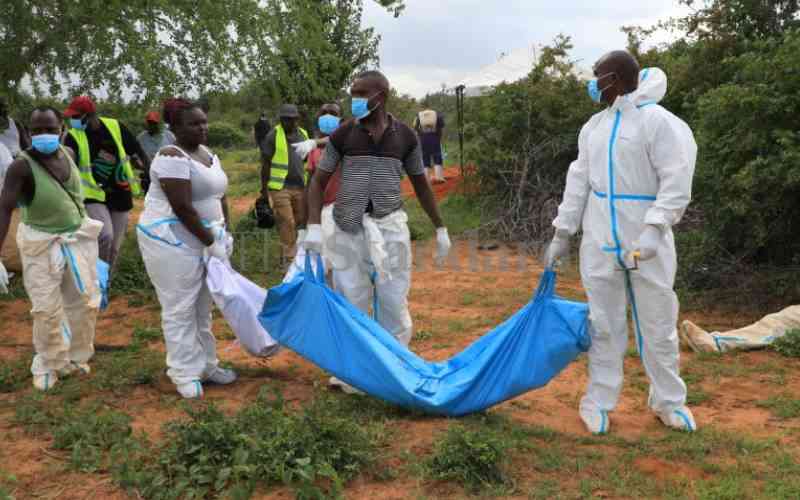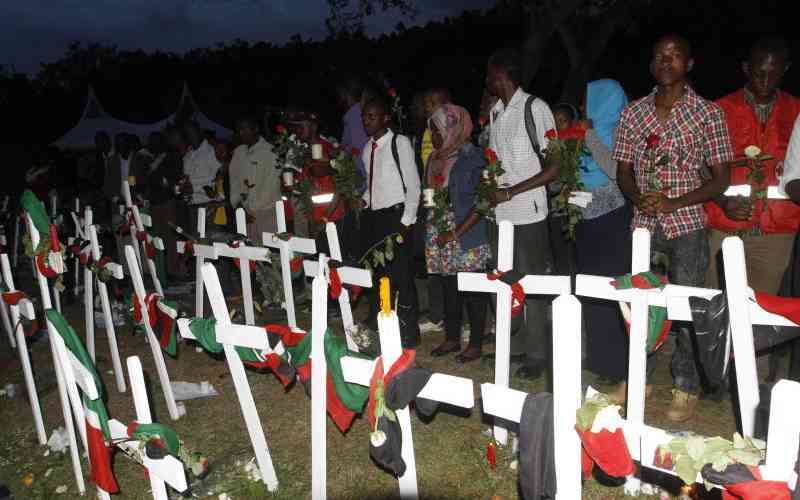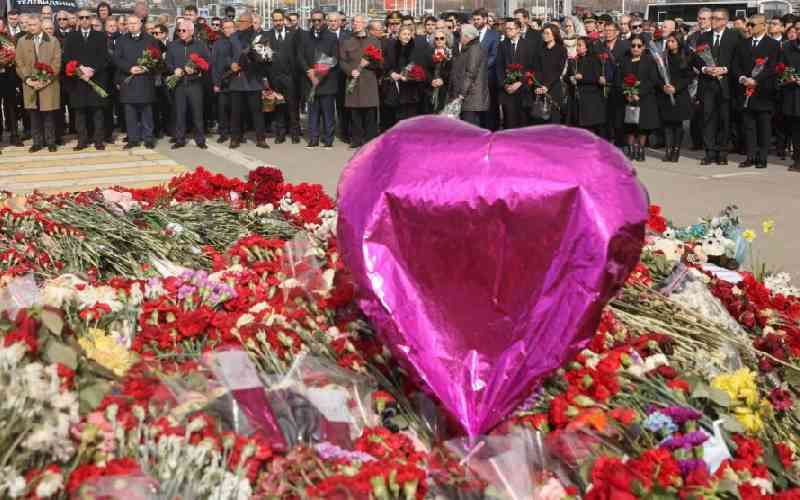Look, listen and link.
That is what a team of selfless volunteers did at Westgate mall exactly one year ago.
They checked for distressed persons, listened to them, connected them with their loved ones and provided social support.
In a sentence, they played a critical role in the management of trauma during the attack.
June Wanjugu Koinange was part of the team that bore the task of helping the survivors cope with their fears, pain, anger and hopelessness at Westgate, where 68 lives were lost.
The terrorist attack injured and maimed thousands in Kenya and broke the spirits of millions globally.
A clinical psychologist, June terms the events at Westgate a tragedy that scathed the Kenyan spirit and caused emotional wounds, but did not break it entirely.
TRAUMATISED AND IN SHOCK
The bright Saturday morning had began with the grandmother of three preparing for a visit from her grandchild Eli who had promised to bring her some cake in the afternoon.
“I love a well-baked cake but my cake was never to arrive that day. The visit never materilaised because Eli’s mother called and informed me that there was an unusual situation around Westgate and movement in Westlands was impeded,” she says of what would later become a chilling experience.
By the end of the day, news reports provided insights of the siege with fears that hundreds of shoppers and staff had been trapped therein.
“I forgot about my children’s visit and put my mind on the emotional status of those in the building,” she says. “As the rescue efforts continued, I could see that the survivors were traumatised and in shock,” June remembers the first day of the attack.
Social media updates did not make the situation any better and she hardly slept that night.
She kept praying for the safety of all those trapped or held hostage in the mall.
Strangely, Eli and his parents were at Westgate mall that morning, and the cake June was to be given was bought there.
Stay informed. Subscribe to our newsletter
On Sunday morning, June called the Kenya Red Cross Society to volunteer as a psychologist.
She was informed that a counselling centre had been set up at the Visa Oshwal Community Hall, not far from Westgate.
“The first responders during any crisis are the police, military and emergency medical personnel,” she says. “Counsellors and clinical psychologists join them later to listen, show care and offer supportive shoulders to the survivors.”
FAMILY HISTORY
She says that their role at Visa Oshwal was to provide Psychological First Aid by assuring the survivors that their emotions were normal for an abnormal and unexpected situation.
On her first day at Visha Oshwal, she remembers receiving children and men and women of different ages and cultural backgrounds.
All of them were exhibiting trauma effects like fear, cries and screams but she remained calm and was keen in order to establish whether they had physical injuries that should be referred to the medical teams for further treatment and management.
The World Health Organisation defines Psychological First Aid as providing humane, supportive and practical help to fellow human beings suffering serious crisis events in ways that respect their dignity, culture and abilities.
An individual’s reaction to trauma depends on factors like the magnitude of the tragedy, their age, experience with previous distressing events, cultural background, physical health, social support system available and personal and family history of mental health problems.
ABNORMAL EVENT
“Some people scream, cry, roll on the floor while others simply stay affixed to one spot, with blank stares,” she explains, adding that others ask very many questions. “Our role is just to be there for them until they are ready to talk.”
She says none of the actions is rated right or wrong because “reactions by those who have experienced or witnessed events which threaten their lives or safety vary from one person to another.
“It is normal to experience intense fear, helplessness or horror when faced by an incident similar to the one at Westgate. The role of the counsellors and psychologists is to listen and assure victims that those are normal reactions to an abnormal event. Survivors should not be coerced to share their experiences.”
The strategies for dealing with adults and children are more or less the same but “we addressed children in basic language in the presence of their parents or guardians.
 The Standard Group Plc is a
multi-media organization with investments in media platforms spanning newspaper
print operations, television, radio broadcasting, digital and online services. The
Standard Group is recognized as a leading multi-media house in Kenya with a key
influence in matters of national and international interest.
The Standard Group Plc is a
multi-media organization with investments in media platforms spanning newspaper
print operations, television, radio broadcasting, digital and online services. The
Standard Group is recognized as a leading multi-media house in Kenya with a key
influence in matters of national and international interest.
 The Standard Group Plc is a
multi-media organization with investments in media platforms spanning newspaper
print operations, television, radio broadcasting, digital and online services. The
Standard Group is recognized as a leading multi-media house in Kenya with a key
influence in matters of national and international interest.
The Standard Group Plc is a
multi-media organization with investments in media platforms spanning newspaper
print operations, television, radio broadcasting, digital and online services. The
Standard Group is recognized as a leading multi-media house in Kenya with a key
influence in matters of national and international interest.








